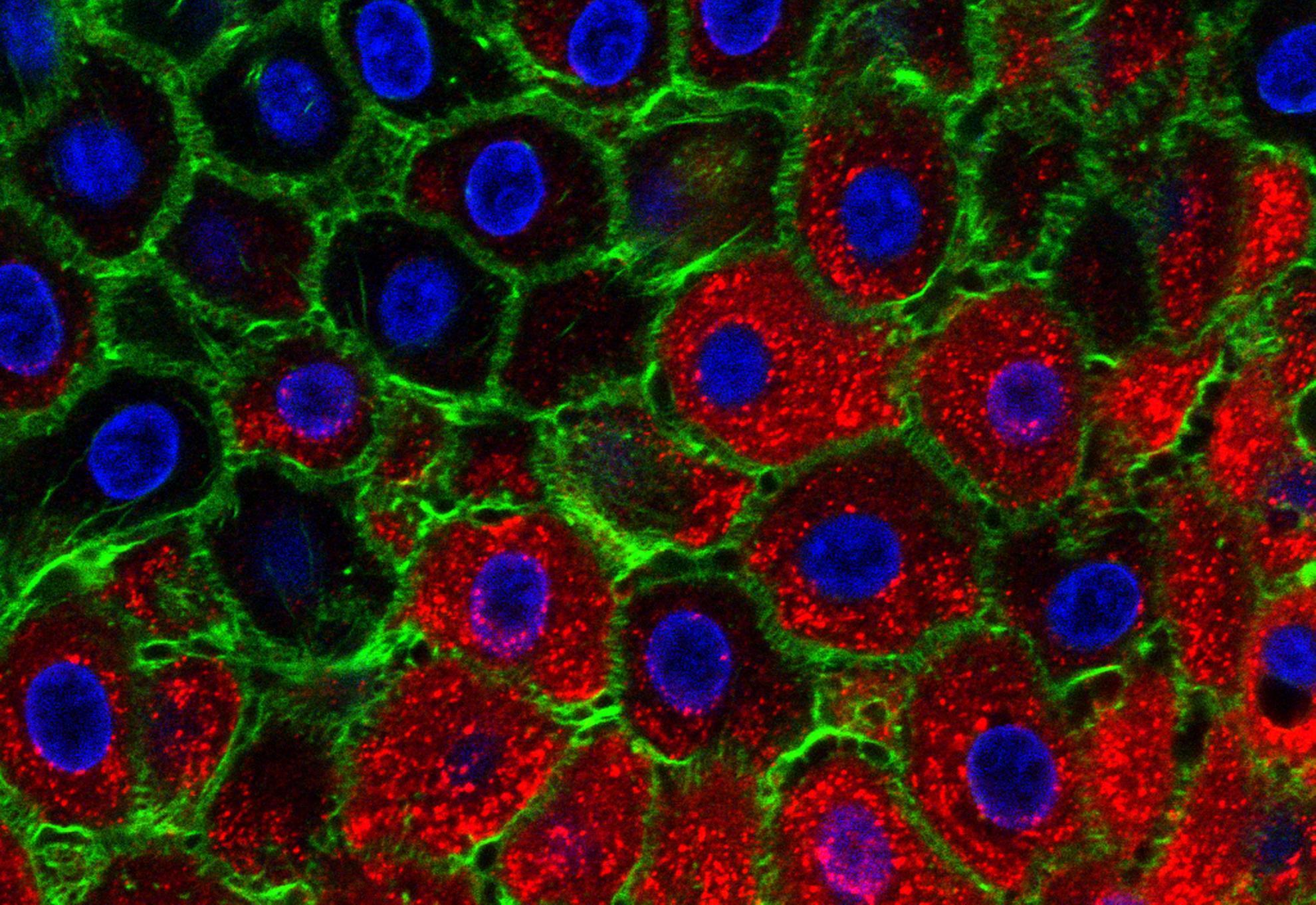The field effectiveness of routine and emergency vaccination with an inactivated vaccine against foot and mouth disease
High potency, inactivated foot and mouth disease (FMD) vaccines may be used in non endemic countries for emergency vaccination during outbreaks in order to prevent virus spread. In endemic countries either standard or high potency vaccines are used for routine vaccination. Despite their wide use there is a shortage of data on the field effectiveness of inactivated FMD vaccines. Epidemics of FMD caused by viruses of serotype O occur frequently in Israel, where a high potency (>= 6PD(50)) vaccine is used for both routine and emergency vaccination. We investigated an outbreak of FMD caused by a virus of serotype 0, which took place during 2011 in a feedlot and an adjacent dairy herd. Post outbreak testing of antibodies against non-structural protein demonstrated that infection occurred in 96% of the calves that received two doses of vaccine at least three months prior to the outbreak and more than 50% showed clinical signs consistent with FMD. Replacement heifers that had been vaccinated 3-5 times with the last vaccination administered 7 months prior to the outbreak were all infected and 18% showed clinical signs. Testing of cattle sera of the same vaccination status as the affected cattle demonstrated low neutralizing antibody (NA) titers against the field virus strain and an r(1) value of 0.37 compared to the vaccine strain. In contrast, cattle vaccinated only once but up to two weeks before the outbreak, were almost all protected from clinical disease and to a lesser extent, protected from FMD virus infection, despite low NA titers. We conclude that emergency vaccination was highly effective due to a mechanism not associated with NA, whereas routine vaccination with the same vaccine formulation provided only limited protection due to poor longevity of the elicited immunity and low matching with the field strain (despite an r(1) higher than 0.3).
Back to publications
